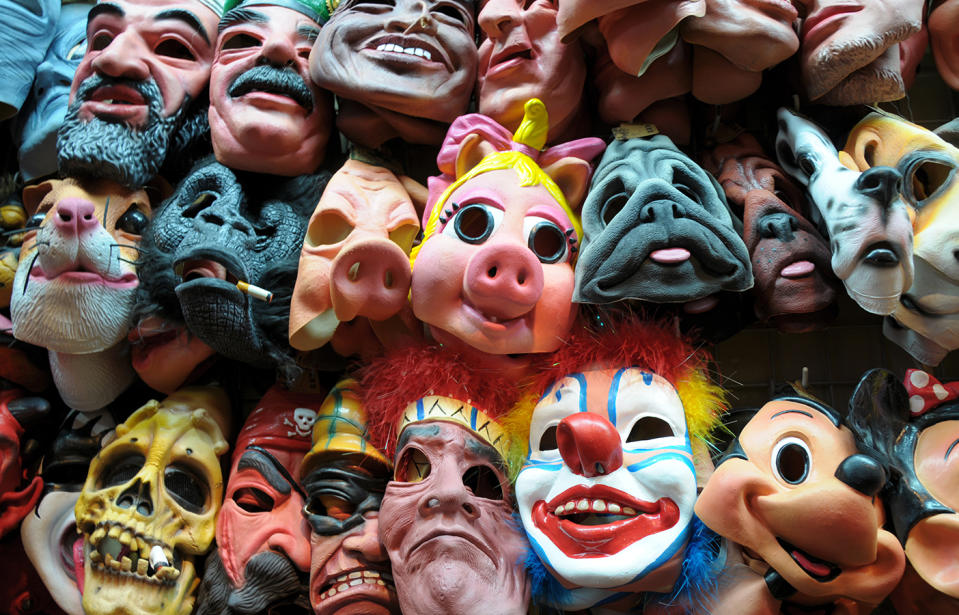Laboratory makes disgusting discovery inside Halloween masks
With Halloween less than a fortnight away, parents are warned their children’s masks might not be as terrifying as the bacteria lurking inside them.
A laboratory uncovered the rubber costumes sampled were breeding grounds for nasty germs, including traces of feces, and a bacteria that causes urinary tract infections.
The inside of 16 Halloween masks on display at five US stores were swabbed and tested, uncovering haunting results.

The Accelerated Analytical Labs found all but one mask tested positive for mold, and a number carried “high levels” of skin bacteria, Fox News investigative program Contact 6 uncovered.
The traces of germs could become a problem for children, who have weakened immune systems
Are you sneezing wrong? Expert reveals the mistakes which spread disease
The gross truths lurking at the gym and public swimming pools
“There’s a lot of different growth,” laboratory supervisor Thomas Hirsch told the program.
“We saw pretty high levels of bacteria and mold.”
“That could definitely be a vector for spreading cold and flu in this season, for sure,” he added.

If that’s not gross enough, one mask reportedly registered positive for fecal matter, according to the lab study, while another contained bacteria that causes urinary tract infections.
One scientist warned the traces of mold, likely from the costumes being stored throughout the year in humid conditions, could be a problem for someone with allergies and asthma.
However there is a simple solution, with parents advised to wipe down the inside of their children’s masks with anti-bacterial wipes before they set off trick-or-treating.
The disgusting revelation comes just weeks after a new study found airport passenger trays provided at security screening points are home to more bacteria than a typical toilet.


